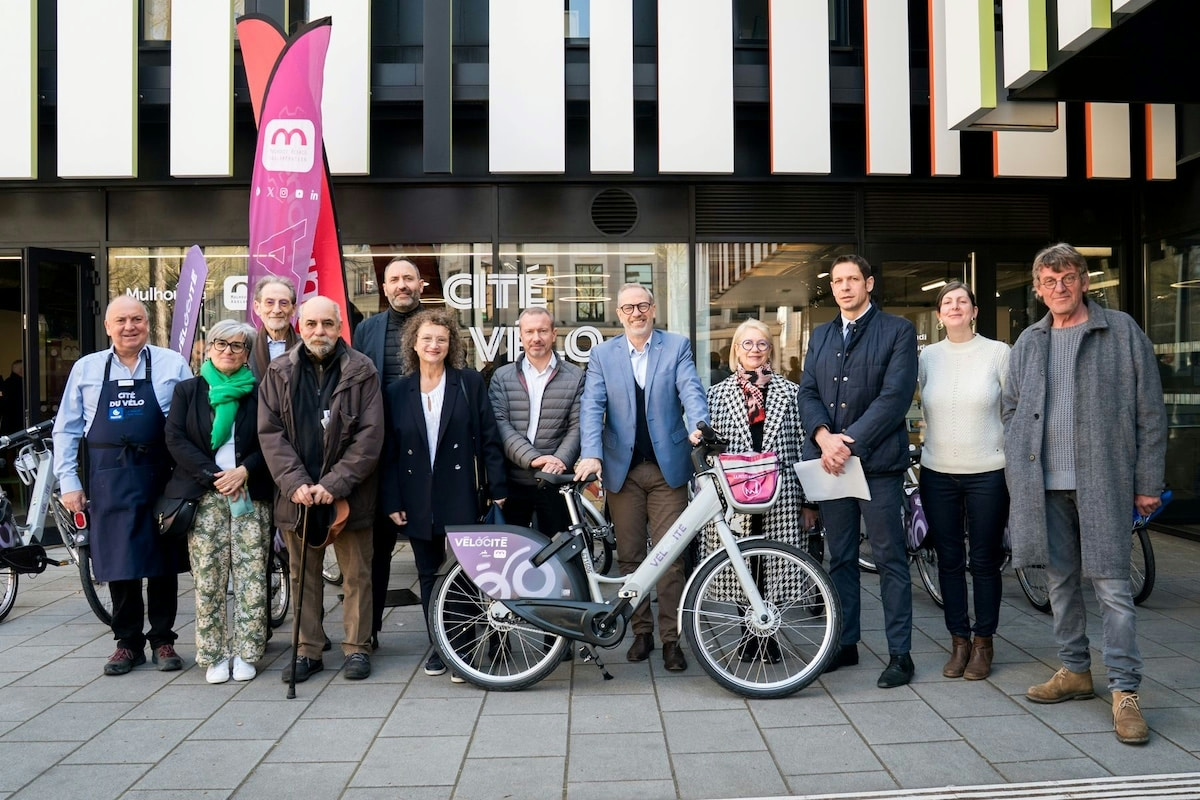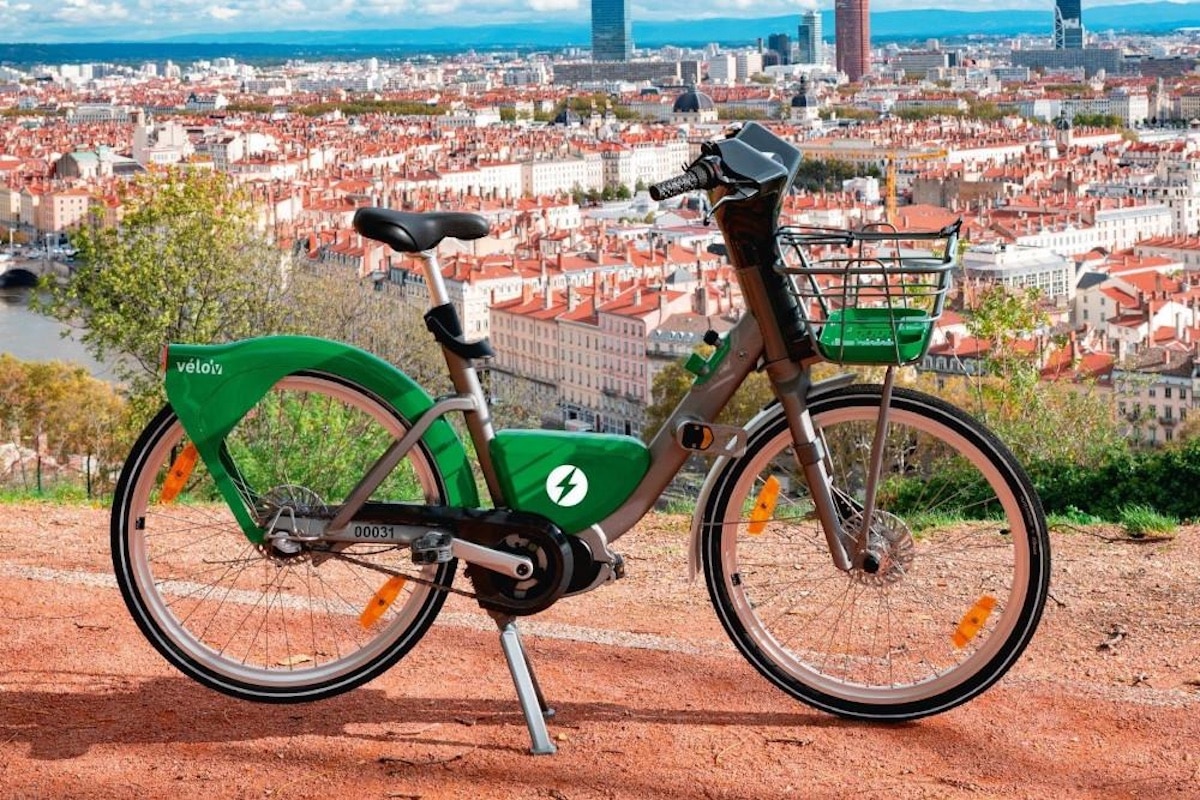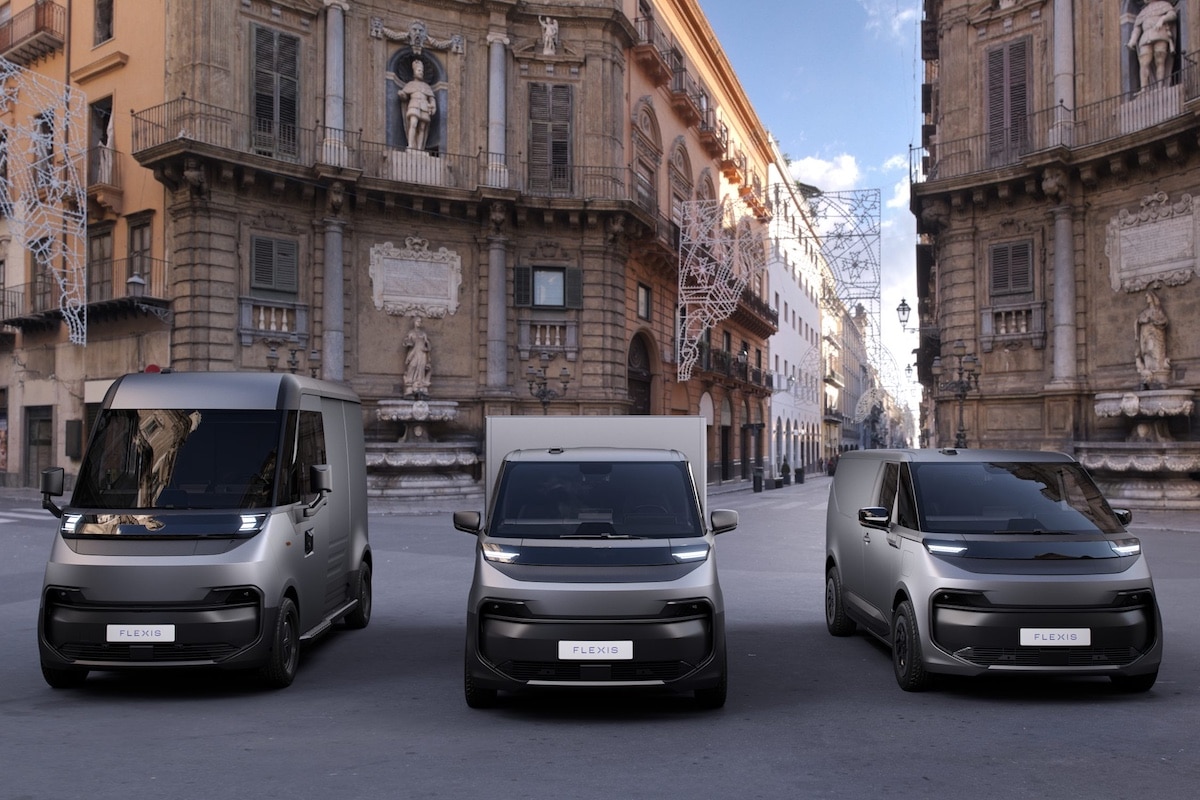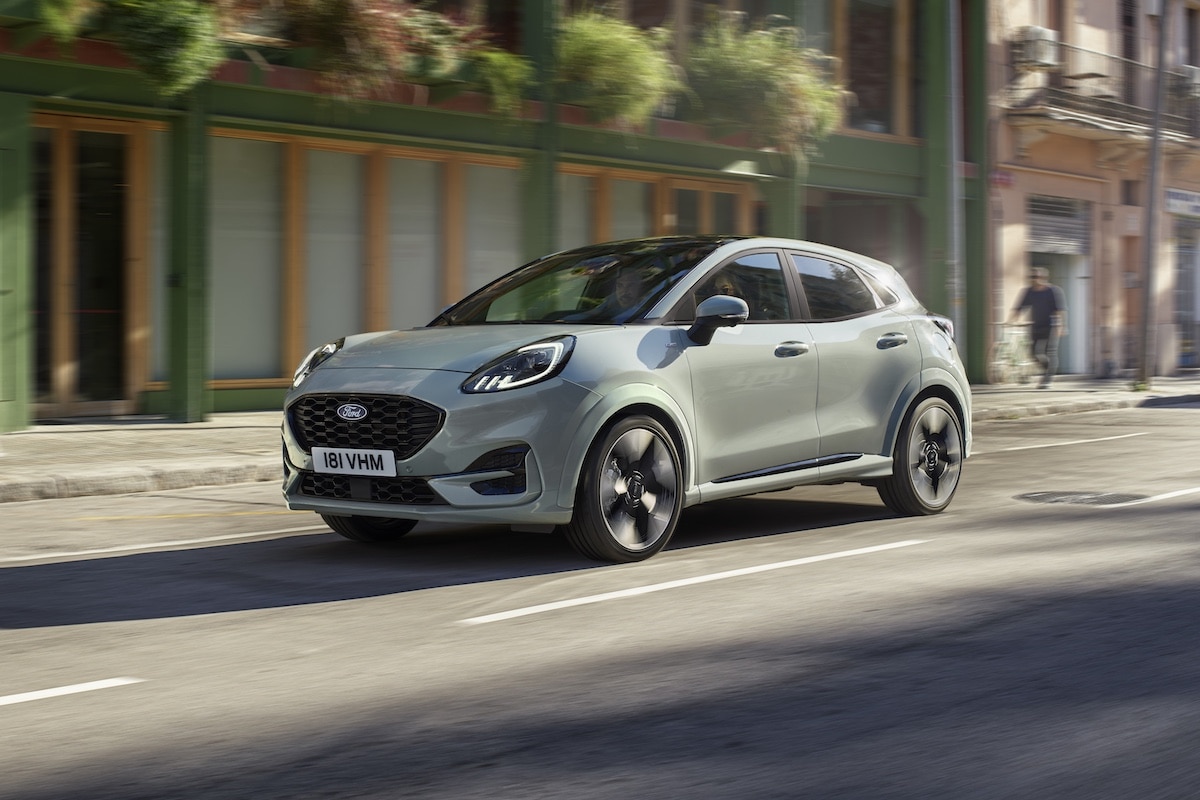66 million euros for the Bolloré Group, the Autolib debacle continues
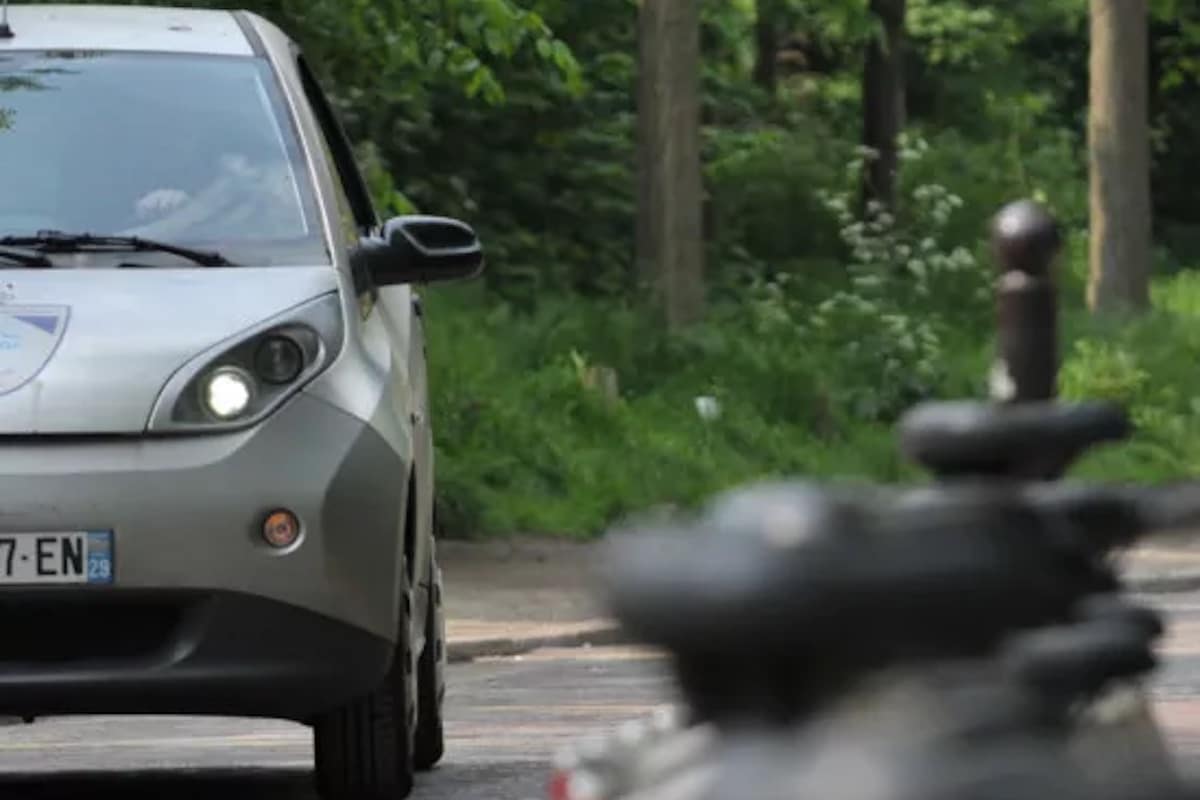
The Bluecars of Autolib, remember… These small electric cars available for shared use roamed the streets of Île-de-France from 2011 to 2018.
But behind this ecological revolution ahead of its time lies a financial fiasco that now costs 66 million euros to the municipalities that hosted the small cars. The administrative court of appeal in Paris has delivered its verdict, and 98 municipalities will have to dig into their pockets to compensate the Bolloré group. Here’s why.
The 66 million euros break down into several components: 44.9 million for operating losses, 13 million for the purchase of electric charging stations, and 8.2 million for contract termination costs. A hefty bill, shared between Paris, which bears the largest share, and 97 other municipalities. All this while the service was halted in 2018, five years before the initial contract was set to expire.
It all dates back to an overly optimistic revenue forecast at the launch of Autolib. A controversial management by the Bolloré group and a lack of response from both parties exacerbated the situation. The Bolloré group, which had invested heavily in the project, saw its losses pile up to unsustainable levels. According to the administrative court of appeal, Bolloré should have notified as early as 2013 that the economic model was not viable, which could have led to the concession being terminated and avoided a financial debacle.
Autolib, too fast, too soon?
The local authorities, represented by the mixed union Autolib’Vélib’ Métropole (now the Metropolitan Agency for Shared Mobility), believe that Bolloré bears a significant part of the responsibility. They argue that the poor management of the service and lack of transparency regarding the accounts contributed to this debacle, preventing a quick and appropriate response.
While the municipalities acknowledge the 13 million for the purchase of the charging stations, they refuse to pay for the operating losses, believing that these are related to Bolloré’s errors. For now, they are taking the time to analyze the decision before deciding whether to appeal to the Council of State.
In 2023, the administrative tribunal had dismissed Bolloré’s claims, but this new decision reignites the controversy. One thing is certain: this legal saga is far from winding down. Meanwhile, the old Autolib stations continue to rust under the amused or annoyed gaze of passersby. Ironically, they have become relics of a project that aimed to foreshadow the mobility of tomorrow.
ALSO READ: The Renault 5 soon available for car sharing
This page is translated from the original post "66 millions d’euros pour le Groupe Bolloré, la débacle Autolib se poursuit" in French.
We also suggestthese articles:
Also read
